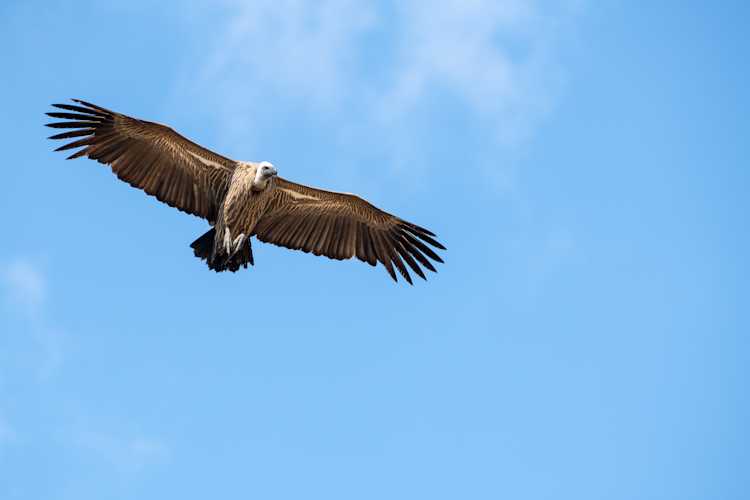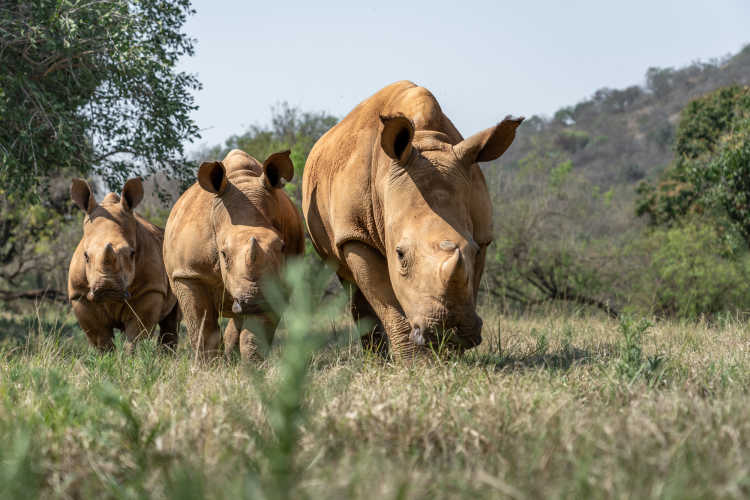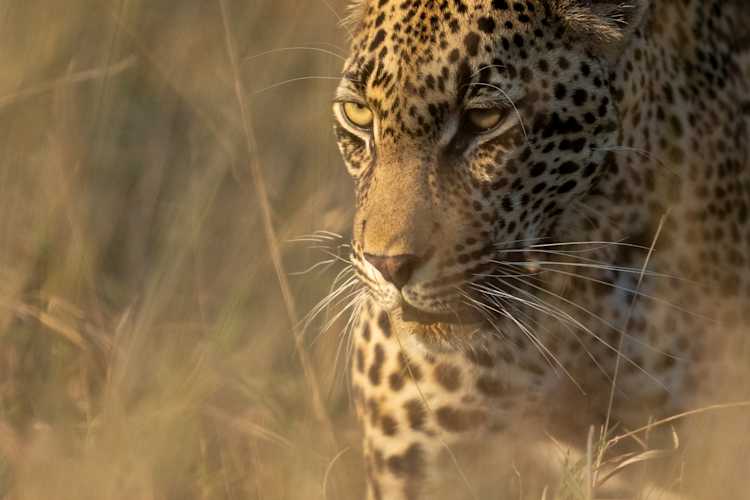

Endangered Wildlife Trust (EWT)
Apart from rhino being poached for their horn, the escalating rate of wildlife poaching, snaring, and poisoning across the Greater Kruger National Park region is an increasing cause for concern.
As a result, the area has seen a dramatic decline in populations of vultures as well as large birds of prey – while incidents affecting large carnivores, including lions, leopards, wild dogs and hyenas, have been sharply on the rise.
In the last 10 years, Southern African vulture populations have suffered rapid population declines of up to 80%.
The stats highlight the importance of taking action:
- 80% decline in SA’s vulture populations over the past 10 years
- 2,300 estimates of remaining wild lions in SA
- The wild dog is one of the worlds most endangered mammals
With seven of the eleven vulture species in Africa classified as Critically Endangered or Endangered, their populations are rapidly declining. Vultures play a crucial role in cleaning ecosystems but are highly susceptible to poisoning from carcasses treated with lethal pesticides intended for predators. The Singita Lowveld Trust supports the Endangered Wildlife Trust's Large Raptor, Wildlife Poisoning Rapid Response, and Carnivore Conservation Programmes, while Singita Field Guides assist in monitoring and responding to poisoning incidents. Additionally, the Trust contributes to the Vulture Safe Zone Alliance, establishing secure habitats in Singita Sabi Sand and Singita Kruger National Park, which help vultures breed, forage, and thrive, reducing threats such as poisoning and habitat loss.
Key Successes
- Singita’s Field Guides are trained as rapid responders for wildlife as well as vulture poisoning incidents. As first responders, they swiftly report suspected poisonings and transport affected vultures to safe places for treatment and rehabilitation as fast as possible.
- Singita Field Guides are providing daily sightings and observation data to the BirdLife SA's critical bird monitoring programme across the Greater Kruger National Park.
How can I support this project?
Vulture, lion and wild dog research and monitoring:
- USD 320 – Camera Traps
- USD 335 – Vulture Tracker
- USD 1,700 – Lion or Wild Dog Collar
- USD 1700 – Raptor Emergency Fund (covers rescue, rehabilitation, vet bills)



